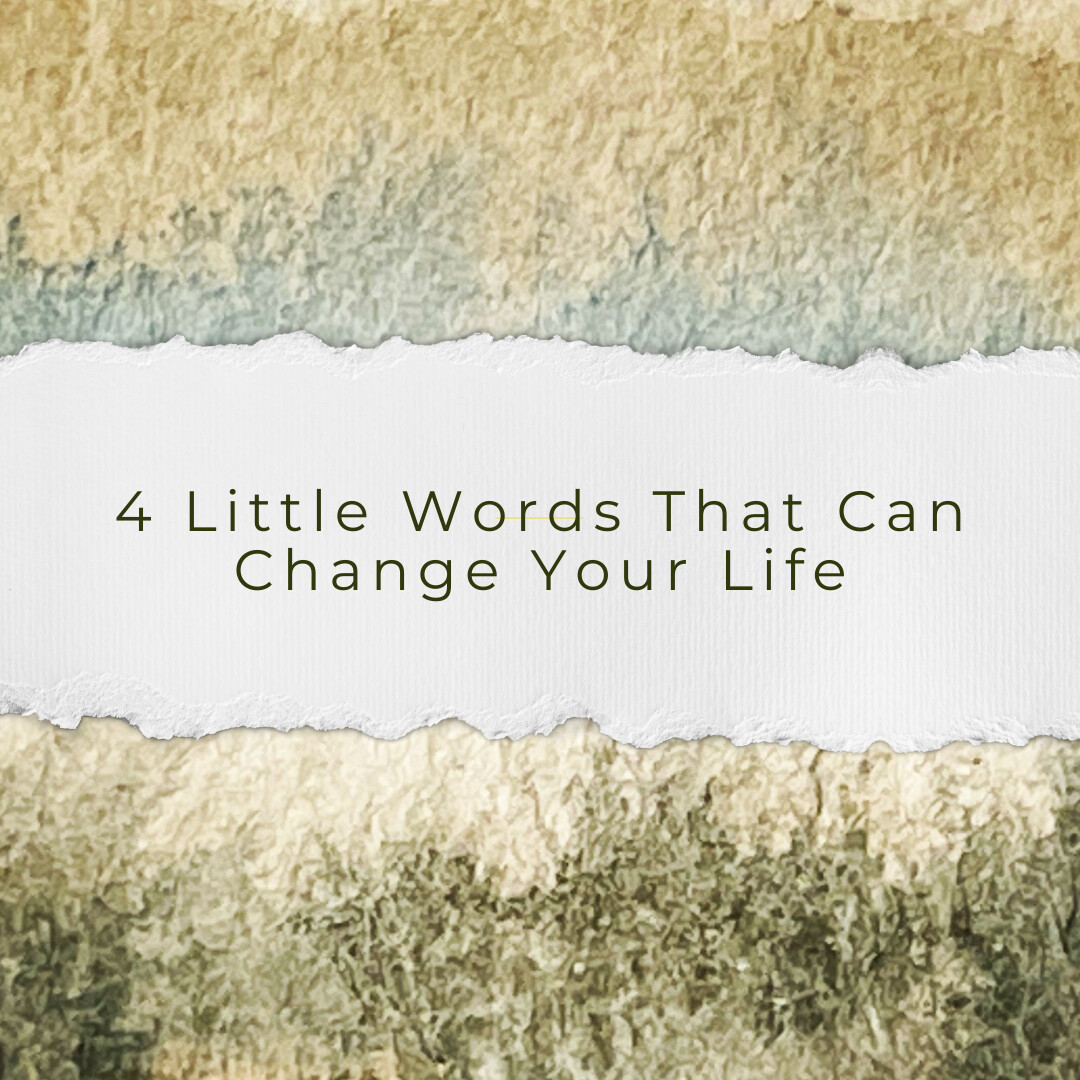
Just four simple, little words could change your relationships and your life for the better:
“What do you mean?”
That's it. It’s that simple.
When someone says something that makes you feel hurt, upset, or angry, try asking "What do you mean?" to gain a deeper understanding.
Here are Some Tips
Does asking “What do you mean?” sound difficult or scary? If you find that saying those words is a challenge, I recommend practicing. Yes, practice out loud! Even if it feels silly.
Here’s why: when our vocal cords and tongue get used to saying difficult things, those words and phrases become an ordinary part of our vocabulary. Our ears get used to hearing our voice say the words, so they come more easily to us. Some find it helpful to even use a mirror. Engaging as many senses as possible helps the mind and body make the difficult thing feel ordinary and natural.
Additionally, using a calm, soft tone diffuses those words and conveys to the listener that you’re asking out of curiosity, with heartfelt interest in learning what the person meant. Practice shifting your tone of voice out loud.
Imagine someone asking you with all sincerity of heart: “What do you mean?” How would you feel hearing those words? Practice out loud until you can express this question in the heartfelt way that you would want to be asked.
Why Asking This Question Is Good for Relationships
The power of this question lies in knowing good boundaries—knowing where we end and where others begin. Here's why I say that . . .
No one can read minds or hearts. We are not the one we’re speaking to, we are a separate being. We can't possibly know automatically what the person meant or intended. We are not them, and we must recognize these boundaries. We need to ask for clarification. Otherwise, what’s really happening is we’re creating a story in our head, and it may not be the right story at all, not even close.
We hear words and tone with our individual ears and assign meaning to those words and tone based on our personal experiences. However, the person is also choosing their words and tone based on their individual experiences. Then there's the current mood of both the speaker and the hearer. That adds another layer of complexity.
When I was at my corporate job, so many of the management trainings centered around communication. We speak through our own filter, thinking we are perfectly clear. Then the other person receives what we’ve said through their own filter. Our entire life experience makes up our filter. No one’s filter is the same as another person’s, and this creates challenges in verbal communication.
Written Communication
This is even more true with written words. With written words, there is no tone at all, no voice to be heard. The way you "hear" it when you read the words is in a tone you make up entirely in your own head. Read that again.
We may read the words with anger or sadness, fear or joy. We choose the tone when reading the other person’s words. We cannot possibly hear the writer’s tone of voice because it’s not there. We fill in the blanks and surmise what the tone might be based on our experience with the person, our current interaction, and a host of other factors. But it’s important to recognize that it’s only an assumption on our part.
Even with verbal communication, we don't know why that tone is used. Is the person tired? Frustrated with themselves or with life? Are they anxious about many things and just speaking quickly to move on to the next task? We cannot know unless we ask.
Even reading what I've written here, where I’m pouring out my heart. Can you hear the pouring out of my heart and soul? Not really; it all depends on how it's read.
Four simple words: "What do you mean?" Please try asking that one simple question.
What do you think? Have you ever had people misunderstand something you said? Have you been glad when they asked for clarification? Have you ever had relationships suffer from misunderstandings that would have been avoided with this simple question?
Learn more about setting and maintaining healthy boundaries in your relationships. I invite you to check out my gentle boundaries course. In this course, we work together to develop your personal boundaries, explore and techniques for communicating effectively and with care. I believe that prioritizing healthy communication can lead to stronger, more fulfilling relationships, and would love for you to join me on this journey.
Check out my self-paced mini course to learn more:
Bonus Video from the Archives
Share your thoughts and comments below ▼ I love hearing from you ❤️
Click here to get your Aroma Reset guide - This simple technique clears your limiting beliefs and negative thoughts. Your powerful sense of smell unlocks the part of your subconscious brain responsible for making decisions on autopilot. That instinct or survival brain isn't open to reason and logic. Empower yourself at that level to accomplish every goal you set!
Copyright © 2023 All Rights Reserved by Lemons and Sage, LLC

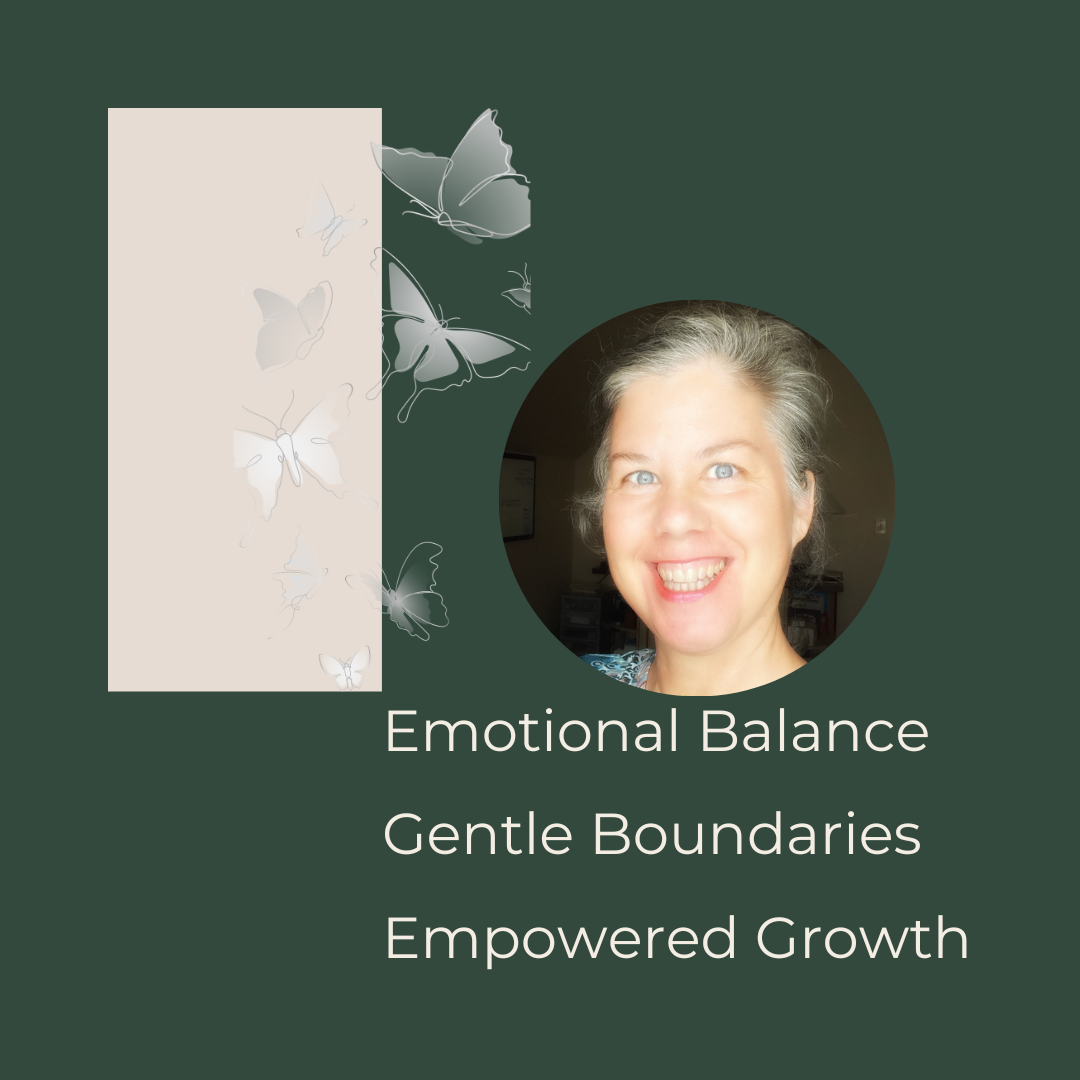 Hello and welcome to my little corner of the web where I share my healing journey with you. That sharing helped many along their own healing journey. As you read I wish the same for you.
Hello and welcome to my little corner of the web where I share my healing journey with you. That sharing helped many along their own healing journey. As you read I wish the same for you.
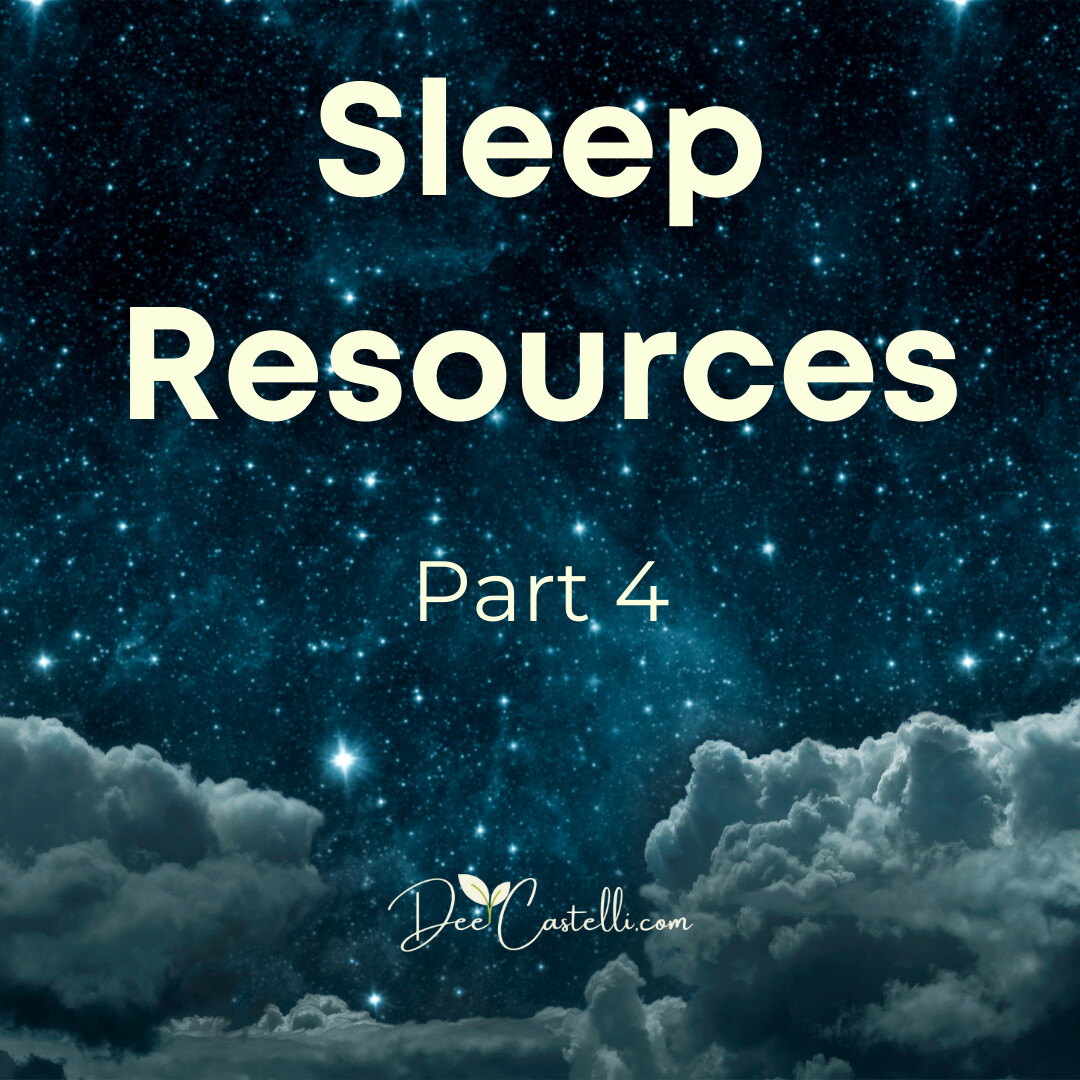
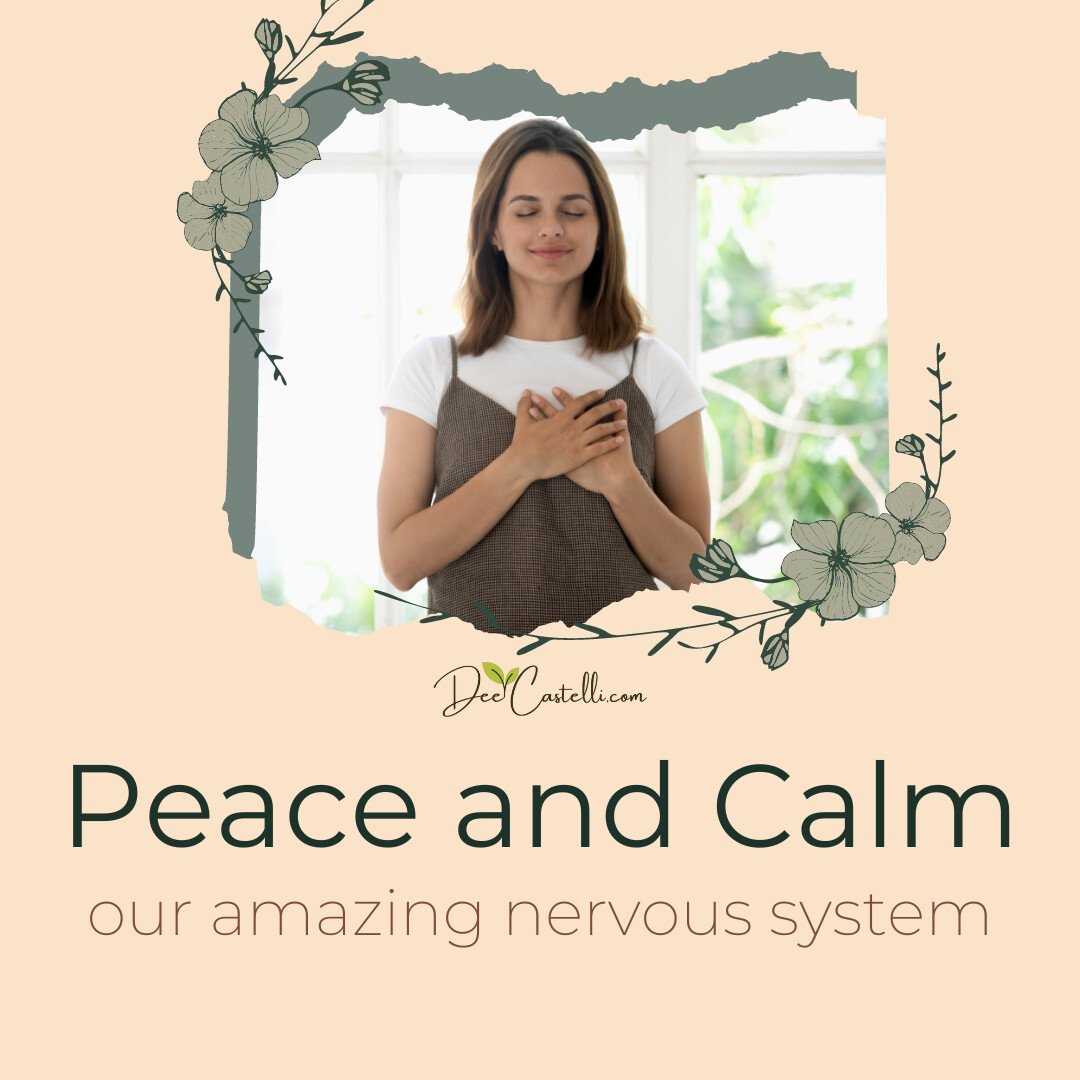





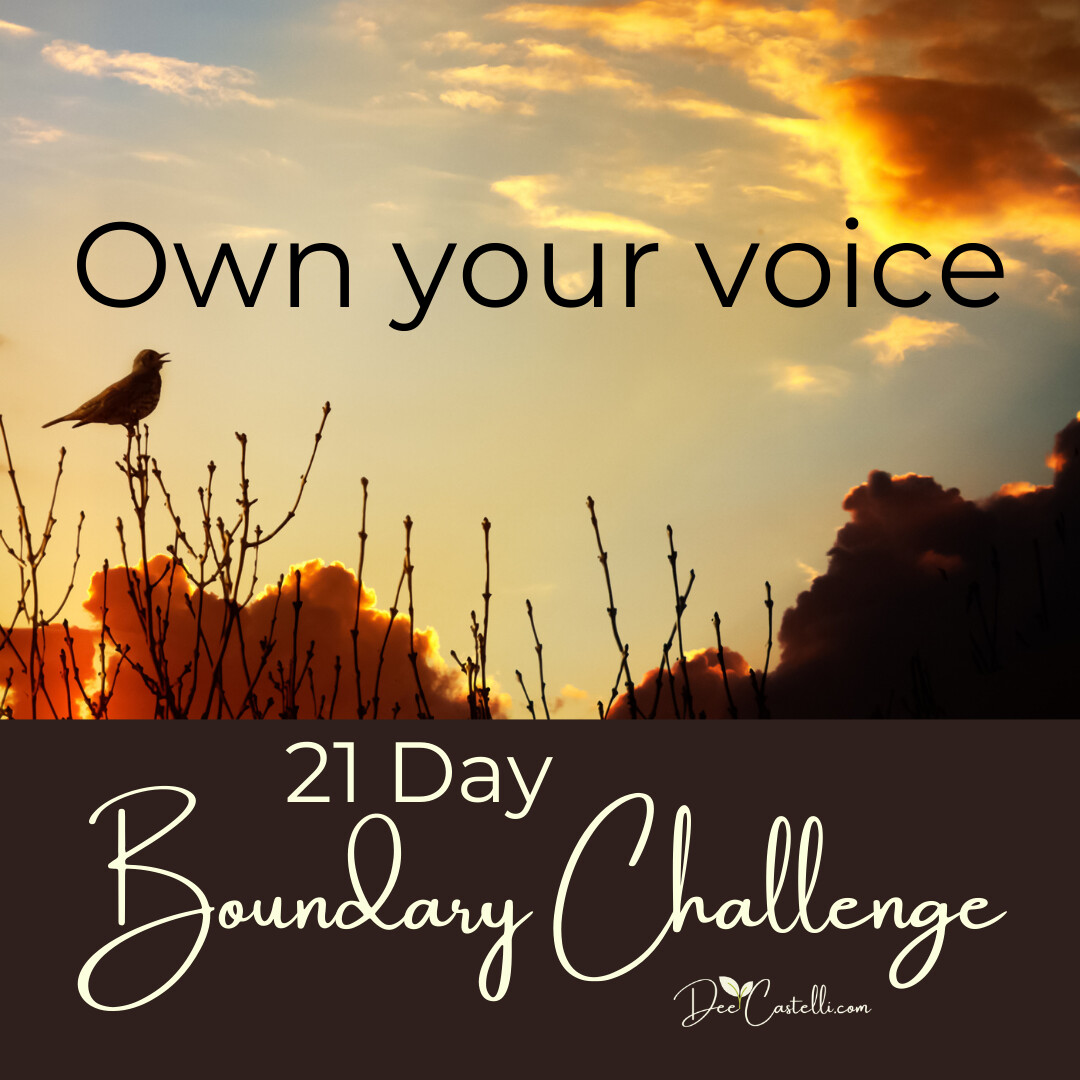

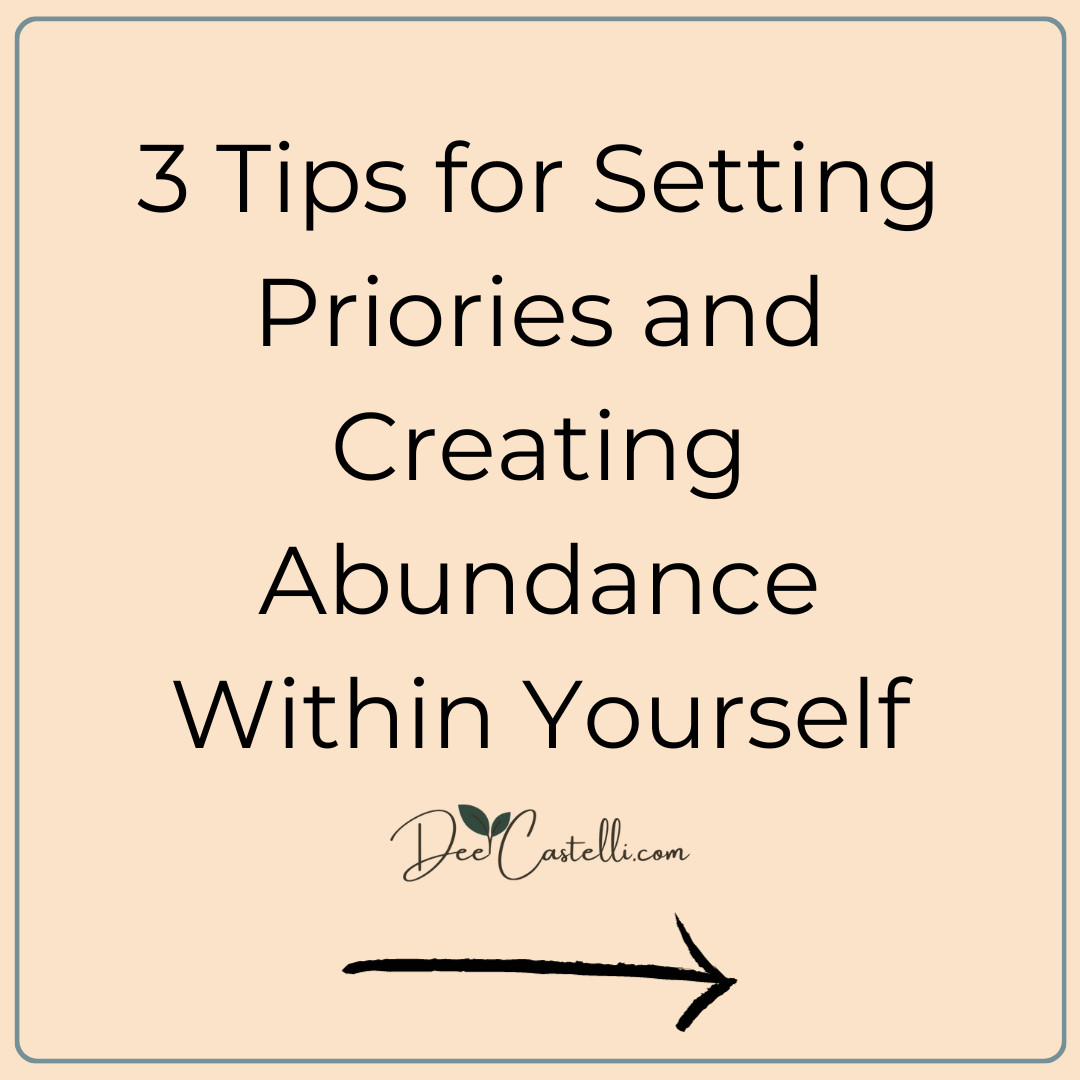

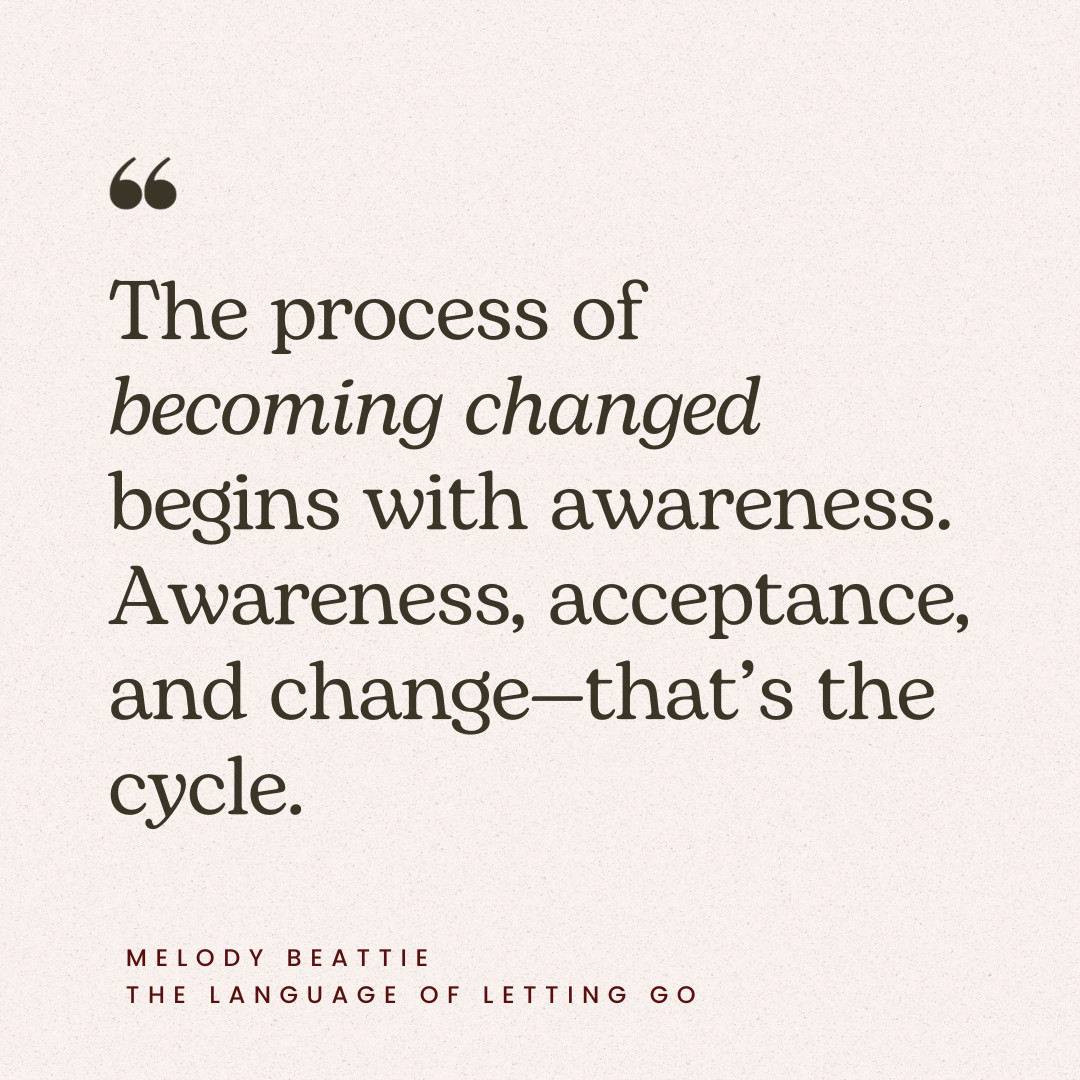


0 Comments